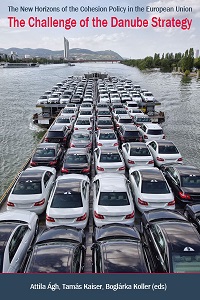
We kindly inform you that, as long as the subject affiliation of our 300.000+ articles is in progress, you might get unsufficient or no results on your third level or second level search. In this case, please broaden your search criteria.


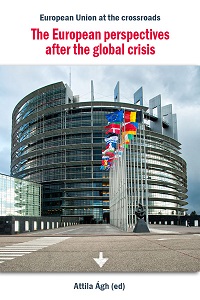
The objective of this paper is to analyse the external dimension of the EU’s global competitiveness. For a rather long time, only the supply factors of competitiveness have been considered by EU institutions. No attention has been paid to demand factors in general and external demand in particular. This is surprising because the EU’s global competitiveness EU depends not only on the nature of supply in terms of rate of growth, changes in its structure, etc., but to a large extent on external factors as well. Therefore, external demand needs to be addressed and influenced by the EU. In a possible approach two factors should be distinguished in the external dimension: the first one is trade in a broad context including not only goods, but services as well, and the second one is trade policy with its objectives, institutions and policy tools meant to promote external economic relations, including trade. As it is well-known trade policy was the first common policy in the predecessors of the European Union. Its scope has broadened over time, since emerging tradeable services and other activities enriched it. Therefore it seems to be justified to refer to common external economic policy rather than trade policy to address the changes of the past 20-30 years.
More...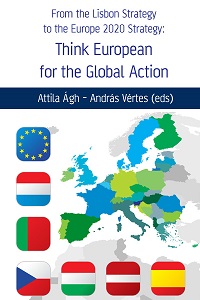

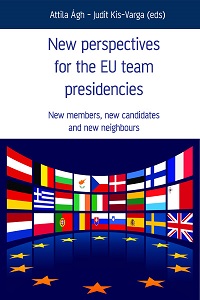
The Council presidency has been and, regardless the changes introduced by the Lisbon Treaty, it will remain an important element of the Eu institutional system. The member state holding the presidency attracts a significant attention both at the Eu level and outside the European union. due to the expansion of the number of the Eu states and prolongation of the periods between the consequent presidencies of the same state, the presidency provide for an unique chance of long-time positive or negative ‘branding’ of the state in the Eu. The Czech Republic shall hold the presidency of the European Council and the Council of the Eu (further ‘presidency’) in the first half of 2009. Czech presidency is a serious challenge for Czech political, diplomatic and administrative elites and it is likely to consume a significant part of their political energy in years 2008-2009.
More...
Anyone following the recent political and social developments in EU’s latest entries, Bulgaria and Romania, would have a strange feeling of ‘déjà-vu’. Namely, the post-accessio setting in these two countries strikingly resembles the situation in many of the East-Central European countries, which had joint the Union on 1 May 2004, during the first couple of years of their membership. This is mainly exemplified by the substantial waning of the support for the executive and traditional parties that had led those countries towards the much-coveted accession into the EU and transatlantic structures and the rise of different populist alternatives. Moreover, the high socio-economic expectations having been built up before enlargement did not fully materialise for the majority of citizens and business elites, thus disenchantment with and occasional protests emerged against the rising prices, the closing of infective domestic industries and the loss of national sovereignty. Finally, the uncertainties created for Bulgarian and Romanian rulers with respect to the international obligations, arising from EU membership, and the requirement to work under tight deadlines, demonstrated the inability of those elites to adequately react to external problems, such as the negotiation of the Reformed Treaty of the EU and the working out of a common European position towards the complex issue of the recognition of Kosovo.
More...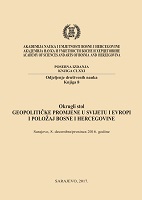
In a classical conceptual discourse, the concept of the state is inseparable from the concept of sovereignty. However, due to globalization processes and influence of global institutions of power, the sovereignty of states is being eroded. The state lost its traditional sovereignty, related to the monopoly of power, stability and safety. Powerful states and their global institutions are using different mechanisms through which they impose their interests and accomplish neoliberal aims that benefit the rich countries, and which contribute not only to impoverishment of states that accept those programs, but also to erosion of their sovereignty. Very strong and intense influence of supranational and transnational instituion calls in question the autonomy, independence, integrity and sovereignty of the states. Sovereignty is eroded and the state is desovereignized.
More...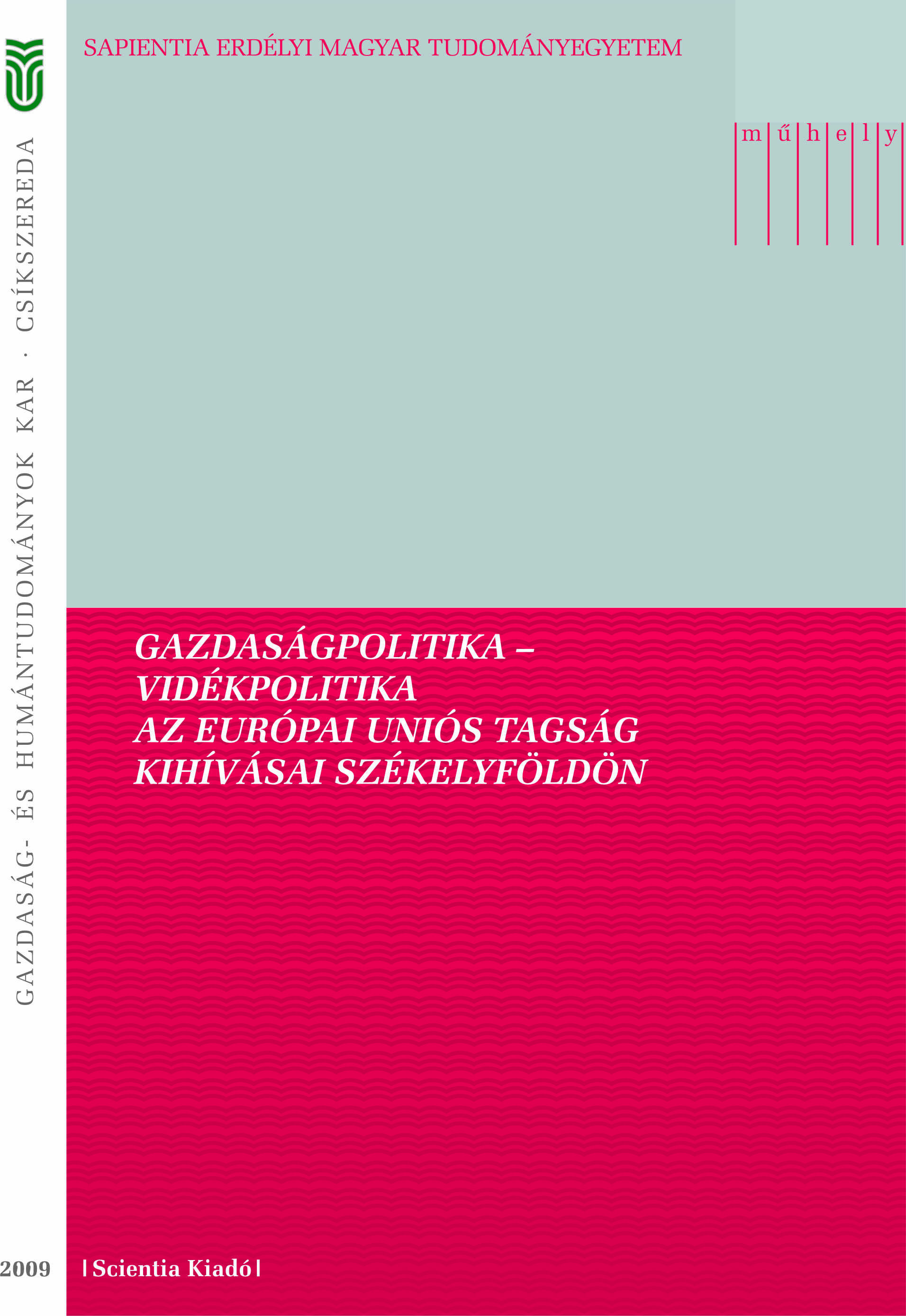
On the basis of an empirical research carried out in the border regions, euro regions and euro metropolises, elaboration of innovation-oriented, cross-border economic development, human resource development and partnership programs can be a general aim. Supporting these aims was the ultimate goal of creating euro regions and euro metropolises in Western-Europe. The system of euro regions and euro metropolises has been spreading from Western-Europe to the Eastern territories in order that border regions can exploit the comparative advantages being present in border regions even better. The most important aim in border regions, euro regions and euro metropolises is to create an advantageous economic, innovative, academic and social climate by introducing various institutions that can widen the space of successful economy and human resource development, and together with this, they can improve the success of regional development planning and human resource development in the border regions of neighbouring countries.
More...
The European Union faces a dilemma of playing the role of a serious world leader or falling into marginalization, which will result in a bipolar world (USA, PRC). The EU soft power, i.e. peace and development, is to be extended by European decision-makers to include hard power, i.e. the creation of a defense community. The aim of the text is to look at the prospects and conditions for the formation of the EU as a world leader in the 21st century.
More...
Japan, which until 1945 was a colonial power, marked its position in the international arena as an economic power in the post-war period. The end of the Cold War led to the beginning of a discussion in this country about its place in the modern world. While the government in Tokyo started aiming at the status of a superpower, symbolized by a permanent seat in the UN Security Council, there were also voices among politicians and the intelligentsia that Japan should follow the path of a "middle power". The purpose of this article is to analyze to what extent Japan can be called a middle power not only in terms of its economic and military potential, but also the awareness of the elites and society as well as behavior on the international arena.
More...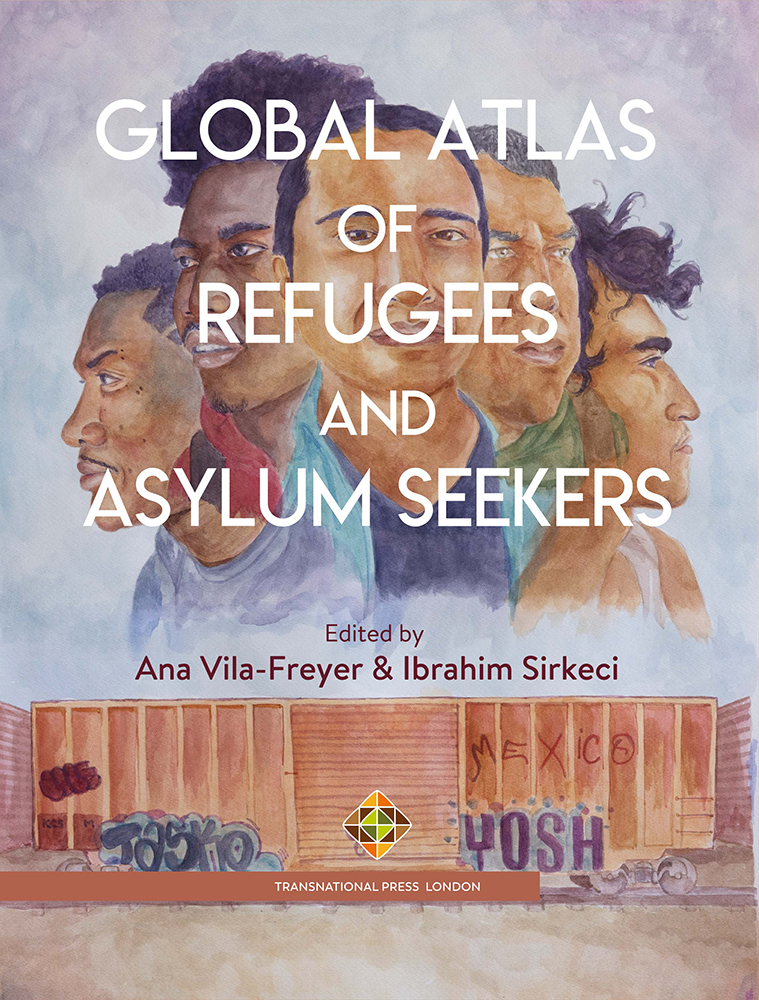
Sweden has a long history of migration, and after the World War II, migrants from Germany and other Nordic / Baltic countries made up the bulk of post-war immigrants (Swedish Institute, 2021; Skodo, 2018; Åslund et al., 2017). Many migrants from Finland, Italy, Greece, the former Yugoslavia, other Balkan countries, and Turkey then came looking for job opportunities in Sweden once World War II was over. The 1980-1990s mark another important immigration wave in Sweden with a rise of asylum seekers from countries like Chile (following the refugee waves caused by Augusto Pinochet’s regime during 1973–1990), Iran and Iraq (due to the 1980-1989 war), the Balkans, Lebanon, Turkey, Eritrea, and Somalia. With the border opening to other European Union member states when Sweden joined the Schengen co-operation in 2001, people from countries outside of the EU but also from the European Economic Area (EEA) moved to Sweden for work, with the country’s booming start-up and technology industry.
More...
Spain ratified the 1951 Convention on the Status of Refugees and the 1967 Protocol, in August 14th 1978, almost three years after the dictator Francisco Franco died and a new constitutional and democratic process was initiated with the approval of a new Spanish Constitution (SC) that was signed in October 1978. As regards to the politics of Asylum and Refuge, Article 13 of the Spanish Constitution on the “Rights of Spanish and Foreigners”, broadly indicates that “the law will define the terms under which citizens of other countries and stateless persons may enjoy the right of asylum in Spain” , and Article 149 on the “Competences of the State”, which sought to clarify the competences of the state viz-a-viz the governments of the autonomous communities, specifies that the Spanish State has exclusive competence on matters related to “nationality, immigration, emigration, and right of asylum”.
More...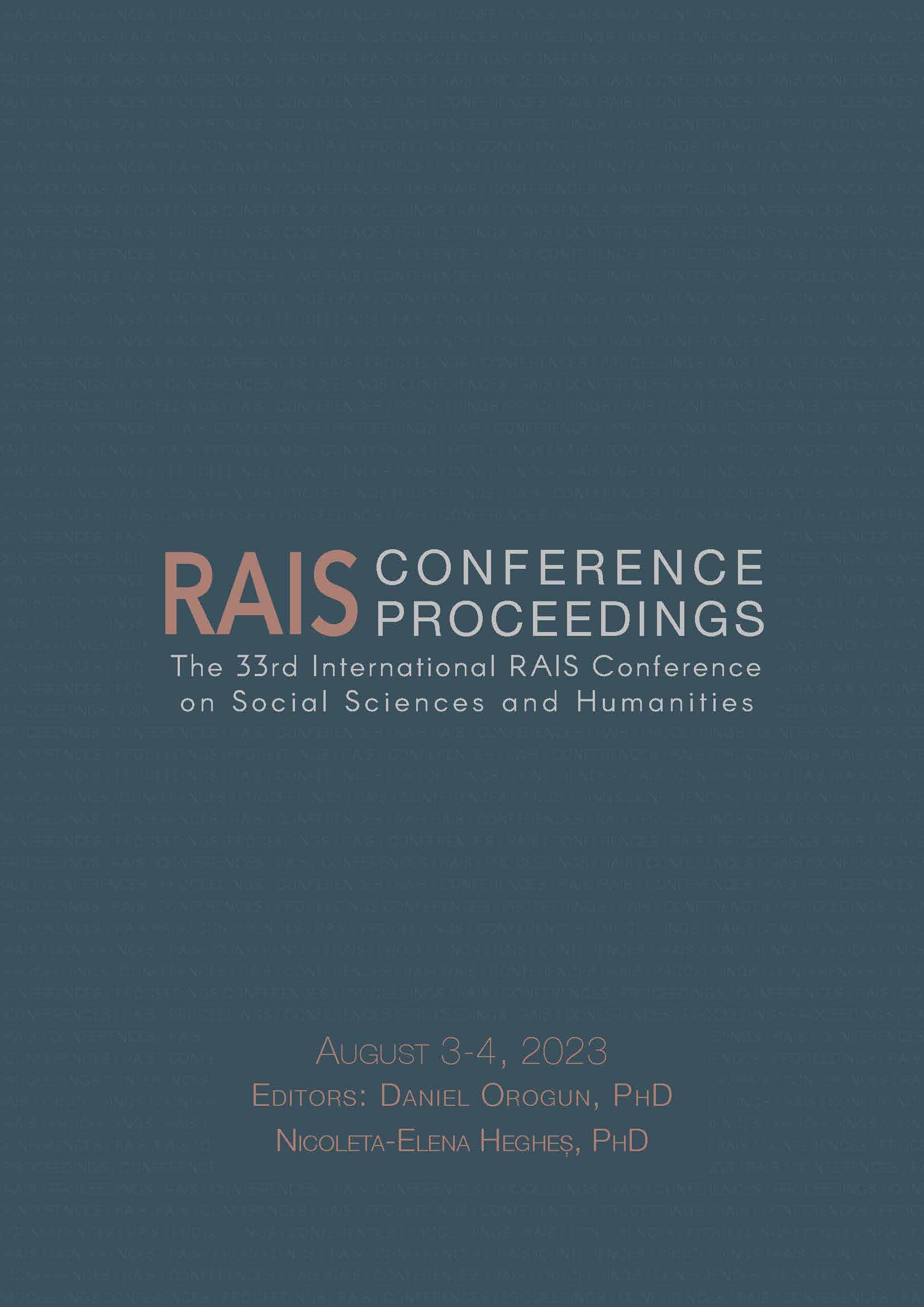
As a full member of the international community, Kazakhstan contributes to ensuring geopolitical stability and international security, presenting itself as a state that is fully aware of its responsibility to provide global energy balance and security. Central Asia is increasingly becoming the new focus of Chinese diplomacy. This region is an axis linking Northeast, West and South Asia, China and Russia. The People's Republic of China (PRC) is beginning to move closer to key political and economic players in the Central Asian region. Therefore, it is necessary to consider how the new initiative of China, Belt and Road, will affect its further energy cooperation with Kazakhstan and other countries of Central Asia. Kazakh-Chinese cooperation contributes to strengthening the independence of Kazakhstan, allowing development of its energy resources and their export to European markets. But China, as a rapidly growing consumer of energy, inevitably emerges as a potential competitor to the United States and the European Union in Central Asia. Based on a scientific analysis of the strategic interests of Kazakhstan and China, the main purpose of this article is to study new systemic approaches for optimizing cooperation between these two states, which affect national, bilateral, and regional/international issues in the framework of economic development and geopolitics. In turn, based on the study, recommendations will be made for the state structures of the Republic of Kazakhstan in the field of energy policy and energy security of the country.
More...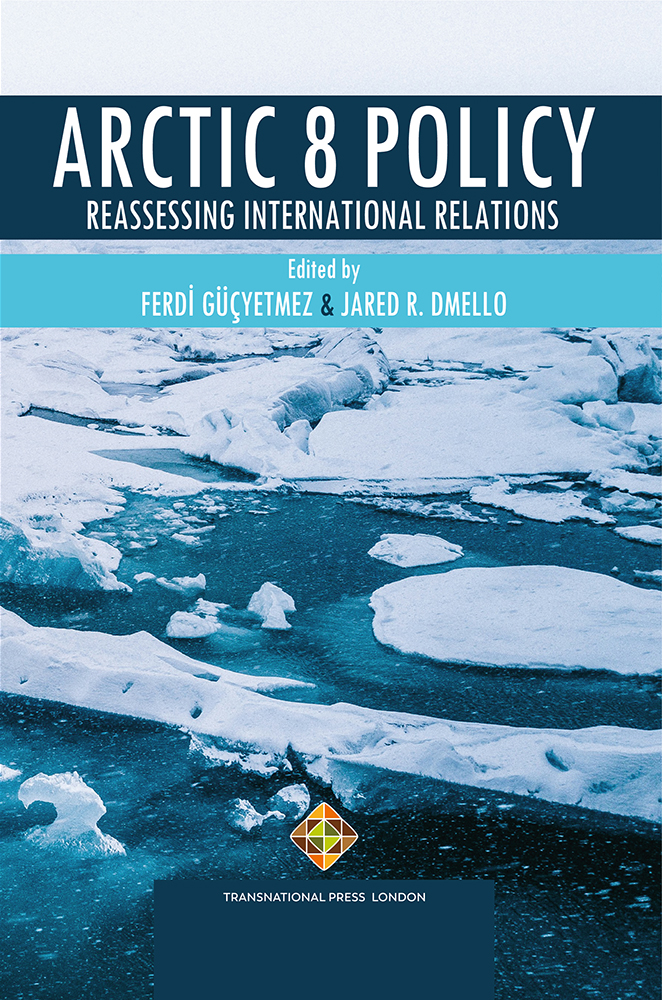
‘Every act of creation is an act of destruction’: This dialogue, which first emerged in Eastern philosophy, laid the foundation for the concept of “war for peace” that would follow years later. New concepts have emerged as war has gained perspective, and multidisciplinary disciplines have since been involved in examining the causes, conduct, and termination of conflicts. However, is it only weapons that are necessary for war? From the first nomadic societies where acts of warfare emerged to the era of war theorists, such as Thucydides, Thomas Aquinas, Carl von Clausewitz, Niccolò Machiavelli, or Helmuth Karl Bernhard von Moltke, there was another action that was as effective as weapons throughout history: strategy. Strategy is a broad and deep subject, with strategic studies having emerged as a scholarly discipline in its own right, but the depth that concerns us for the purpose of this text is geopolitics and geography because from these dimensions, all other components of security and society can be examined.
More...
The Arctic region stands out as a region of increasing geopolitical and geostrategic importance in the international power struggle. This region attracts the attention of many countries in terms of the energy resources it harbours and the struggle for sovereignty over the new sea routes that have emerged/continue to emerge due to global warming. Denmark is one of these countries. As one of the influential actors of the Arctic because of its policies, Denmark has geopolitical importance for the region.
More...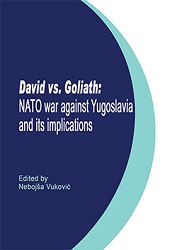
In his paper, the author describes and explains the circumstances in international relations which enabled the United States and its allies to execute aggression against the Federal Republic of Yugoslavia. The paper also analyses the US foreign policy characterised by the tendency for domination, as well as the United States’ attitude towards the Russian Federation. The author concludes that in the West, therefore in the United States, Russophobia is deeply rooted. This notion and attitude have been guiding the US administrations over a long period of time. Special attention is focused on Donald Tramp becoming the head of the United States, as well as on the missed opportunities for improvement of the overall US-Russian relations. The author believes the world power relations are changing significantly in favor of the creation of a multipolar order. Therefore, the United States is no longer the dominant force as it used to be, for example, during the aggression on the FRY. The paper assesses that the current problems in American society arise from inevitable political and economic contradictions which are a permanent characteristic of capitalism.
More...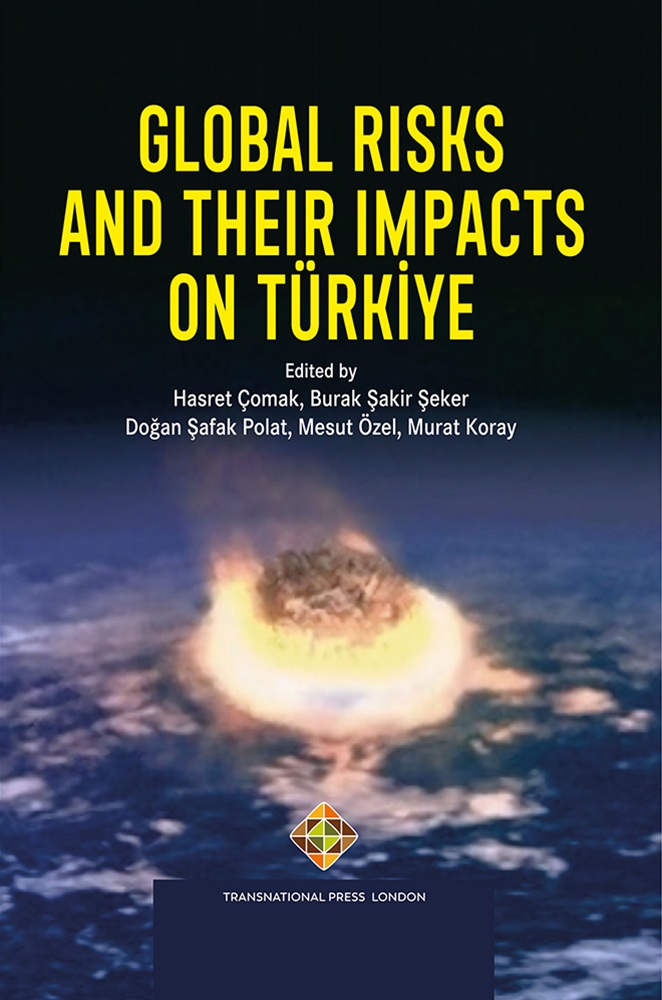
War and Revolution disrupt the fabric of time as people attempt to recall the ordinary rules of civilization and rituals of respect and hospitality. Some even disregard them in some cases as the world moves to ever greater polarization through populism. Governments pursue territorial expansion through military threats of using force in the case of China-Taiwan relations, the outright crime of aggression by violating the territorial integrity of another sovereign country referring to the Russian-Ukrainian War, or using nonstate actors in a proxy war against a state actor like the Hezbollah fighting Israel on behalf of Iran as the world faces a Global Environmental Crisis in the 21st Century. The fundamental principles of humanity and the conventions of international law are subject to endless conceptual argumentative revisions, which assume different outcomes within various historical environments and with different temporal expectations that have unsettled nations through debatable rationales, justifications, and strategies, but also because they make and unmake cultures and countries. How does the official language of diplomatic overtures of condolences vibrate following Iranian President Ebrahim Raisis’s death in a helicopter accident, knowing that he was the ‘Butcher of Tehran’ for his role on the Tehran “death commission” during the 1988 executions of thousands of Iranian political prisoners? These linguistic attributes and criticism lie within the paradigmatic contradictions of ontological narratives about just and unjust wars that perpetuate the conflicts of the 21st Century with an ever more substantial return to the Great Power Rivalry of the 19th-century empires. Will the U.S. revert to isolationism and 150 years of neutrality before the Japanese bombing of Pearl Harbor in 1941 or remain ‘benign’ during the Unipolar Era or a predatory power or even a leader in the defense of multipolarity as a guiding principle of future U.S. foreign policy? Russia, China, and the USA may aspire to an international system based on sovereignty, multipolarity, multilateralism, mutual security, international law, the re-balancing and re-invigoration of global and regional institutions. Immanent in this trilogy is the vision of the future. That this contest is underway is undeniable, even if some American officials tried to deny it not so long ago. The US-led international system is threatened by authoritarian powers seeking to redraw the world geopolitical map and make the 21st Century an Age of Autocracy. “The central challenge to prosperity and security,” the 2018 national defense strategy states, “is the reemergence of long-term, strategic competition by… Revisionist powers”
More...
The above phrase is an anonymous proverb emphasising the significance of predicting or forecasting the future. Every entity in the world begs to have an idea of the future, such as wage war, investing, opening a business, selecting a profession, etc. Indeed, the vagueness of the future was an issue that military strategists mainly had dealt with in the theatre. Carl von Clausewitz calls the “fog of war”, which is the difficulty of mitigating uncertainty due to the general (un)reliability of information, which he phrased as “intermixed with chance, numerous imponderables, the limitations of accurate observation and the vast number of variables involved.” On the other hand, a commander needs to frame the operational environment, that is, to depict the reality of the current environment and all the intricate details that influence that environment. Similarly, businesses need to conduct a risk analysis, referring “to the assessment process that identifies the potential for any adverse events that may negatively affect organisations and the environment”, before deciding to launch a new project or approve a financial application. Another approach is trend analysis, which “involves a systematic approach to examining historical data to identify patterns, tendencies, or changes over time.” Futures studies is also an emerging methodology, which could be interpreted as “the systematic study of possible, probable and preferable futures.” It assists politicians and societies in managing uncertainties and increasing their resilience and innovation. Futures studies mainly help humankind solve pressing global challenges.
More...
Türkiye’s geographical location has positioned it as an important player in the global energy environment. Türkiye has become an important transit route for fossil fuels, especially natural gas, between the energy-rich Middle East and the Caucasus and energy-consuming Europe. In the last decade, Türkiye aimed to transform itself into a regional energy hub where energy resources are transferred in transit and traded by international sellers and buyers. Under the current conditions, Türkiye is seen as the most promising transit country candidate in energy chess. While it will enable it to meet its energy demand more easily, it will also carry one-fifth of the EU’s energy demand in the medium and long term and will also contribute to the socialization process of the Caspian and Middle Eastern regions by integrating them into the global energy transportation network. Türkiye’s pragmatic energy policy, on which the impact of daily political tensions and regional changes is limited, is an important indicator of its determination to become an energy transition and distribution center. This goal was first brought to the agenda right after the Cold War, based on the rich energy resources of the Central Asian and Caucasian countries with which Türkiye has strong cultural ties, but the fact is that Türkiye’s performance in the region was well below expectations in the first half of the 90s. However, due to geopolitical ruptures and tensions in international relations, it is not surprising that “Türkiye has become a vital transit corridor for energy resources” especially natural gas, as a critical supplier in meeting Europe’s basic energy needs, especially in the last decade.”
More...